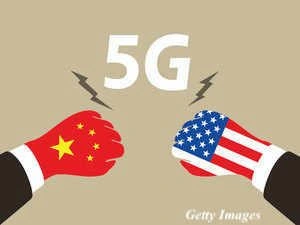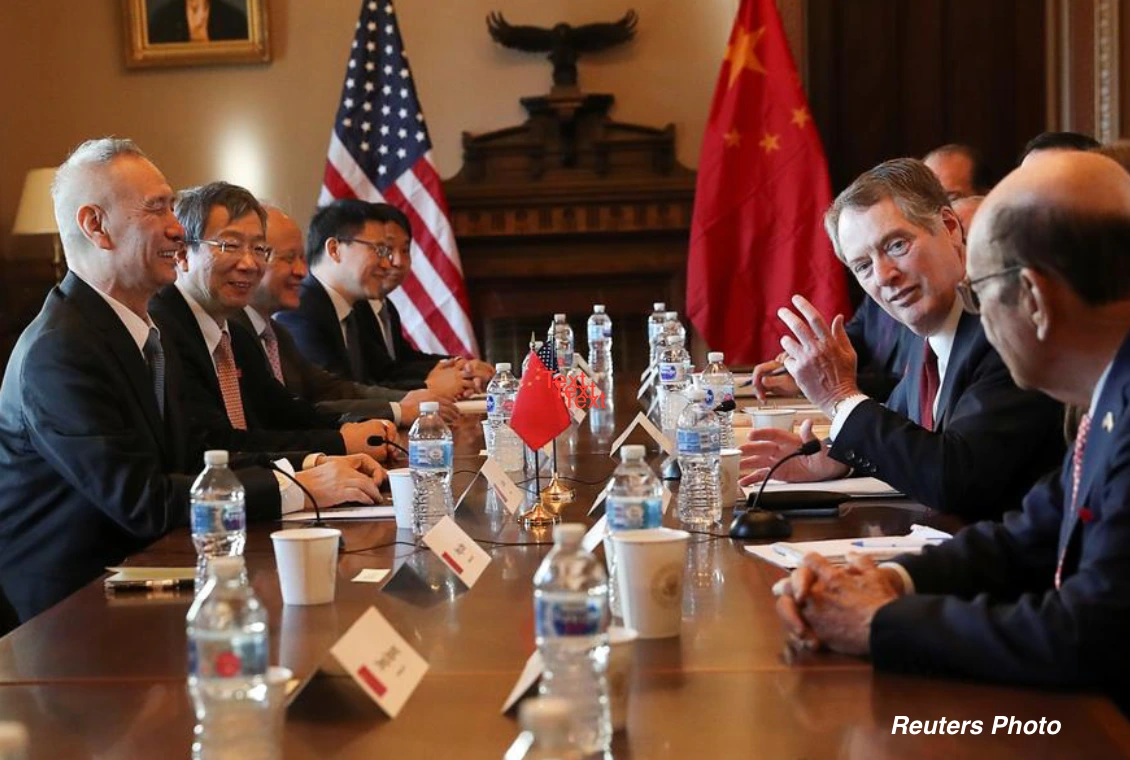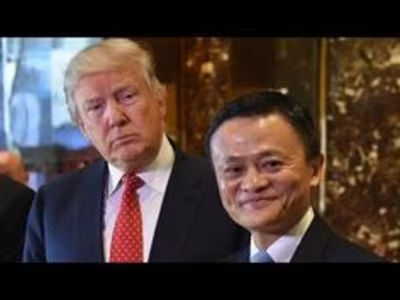Why U.S. National Security Will Supersede Huawei’s Global Aspir…

* NOTE: This original blog article was used as a basis for this author’s contribution portion to an Asian Affairs Magazine piece that consisted of three contributors representing contrasting perspectives on the U.S. and Huawei situation as well as 5G trends with an Asian, European Union, and United States lens. The article was posted in the May 2019 issue and is titled, “Battling to the Top” in the Huawei Crisis section.
_________________________________________________
By Sam Kessler
The U.S. blocking of the Chinese telecom giant, Huawei, is a national security policy that correlates with the serious grievances that have long been held within the U.S-China relationship. After all, one might quickly assume that the Trump administration’s protectionist policies as having been a sudden and abrupt action that could jeopardize long term economic and trade dynamics between the two nations. However, there is actually a very solid reason why the two nations are currently engaged in a massive trade dispute as well as the continual U.S. blocking of Huawei. In fact, U.S. policymakers and business leaders have long complained about the massive abuses of intellectual property theft, espionage, cyber and data intrusion, and unfair trade practices that have long been committed by the Chinese government and its corporate affiliates.
Current U.S.-China Grievances are Long in the Making
For several years, previous U.S. administrations have held a more lenient stance to these ongoing dilemmas, since the trade and economic relationship has indeed been beneficial in various ways for both nations. However, instances such as major thefts of sensitive data like the 2015 U.S. Office of Personnel Management (OPM) data breach and the manner in which the PRC regulates its control of the Internet and social media platforms, raises an alarming concern to U.S. policymakers who are beginning to realize that China is starting to flex its muscles as well as exhibiting subtle expansionist policies that have been long in the making. This is already happening via the Belt and Road Initiative (BRI), subversion and espionage cases that have become highly publicized, as well as the ongoing utilization of China’s Three Warfares doctrine, which is warfare via public opinion or media, psychological, and legal means.
Overall, this has become a problem to U.S. security interests as it has been escalating since the 1990s after the Cold War ended. Their relationship solidified in the 1970s when the two nations aligned themselves with each other during the Cold War in order to tilt the U.S.-China-Russia Triangle into their favor. However, the Cold War is over and China has spent the past 45 years building itself into the second largest power in the world. In addition, their political beliefs system is significantly different from that of the U.S. and its allies.
Recent Update of the U.S. National Security Strategy
This is why there is a reason that the 2015 U.S. National Security Strategy doctrine was updated three years earlier than its scheduled update, which is usually every five years. Previous U.S. National Security Strategies had placed minimal emphasis on China as a threat to U.S. national security. However, the updated 2017 U.S. National Security Strategy has significantly placed more emphasis on the rise of China and its growing threat to U.S. national security interests in areas such as cybersecurity, data incursions, intellectual property theft, and espionage.

The possible domination of Huawei in the Internet and 5G sectors would be a huge game changer for Chinese foreign policy and overall strategic interests in the international system. In addition, the control of the Internet and 5G would be monumental and instrumental in shaping the balance of power structure in the international system for at least the next half of the 21stCentury. After all, the 1990s saw the end of the Cold War and the emergence of the globalization era. Although, some might argue that we are still experiencing a globalization era despite there being growing indications that we are now living in a post-globalization era. More importantly, the 21stcentury is now showing serious signs that the international system has become more multipolar in nature and exhibits the image of a renewed great power competition period between several nations and the U.S.-China trade dispute may simply be the taste of the new normal going forward.
The U.S. Rationale for Blocking Huawei
The U.S. blocking of Huawei technology has been crucial in helping protect U.S. cyber infrastructure since their devices and microchips have been known to contain data security vulnerabilities. If allowed, the potential for spying as well as data and intelligence theft would be much larger than it already is now. This is why the U.S. government and military have decided to eliminate all Huawei technology from their systems. The semiconductor industry is also synonymous with these concerns as a majority of the world’s microchips are built in China as well. Also, the Internet of Things (IoT) technology continues to grow in use and compatibility, and this will continue to escalate as a security concern to the United States and its allies.
A New Cold War in Tech
Lastly, Huawei heavily competes with U.S. companies like Apple, Cisco, and Qualcomm in regards to devices, network infrastructure, and microchips. These companies are fairly well ahead in terms of quality, innovation, and network security, which is why it may be too early to assume a Huawei victory in the 5G arena just yet.
_______________________________________________________
Sam Kessler is a writer, analyst, and consultant with a global security, geopolitics, and business/finance background. He is also a Geopolitical Advisor for North Star Support Group. Sam has an M.A. in National Security and Intelligence Analysis from American Military University (AMU), which is part of the American Public University System (APUS). He can be contacted via his website/blog at www.samkessler.com.
________________________
Subscribe To My Blog!
First Name
Last Name
Email address:
Like this project
Posted Aug 22, 2024
This original blog article was used as a basis for this author’s contribution portion to an Asian Affairs Magazine piece written in 2019.
Likes
0
Views
11





